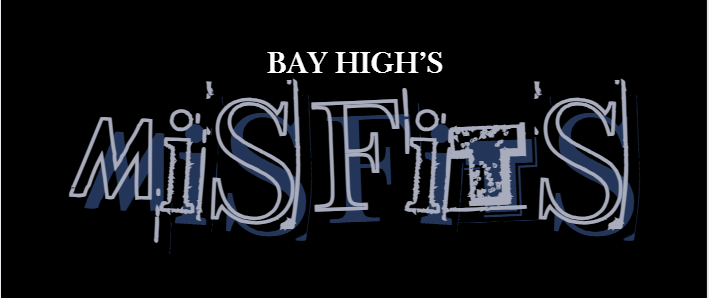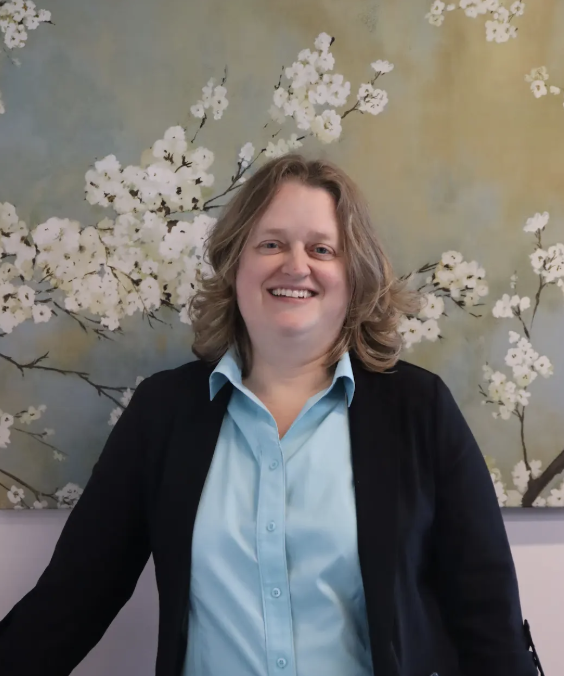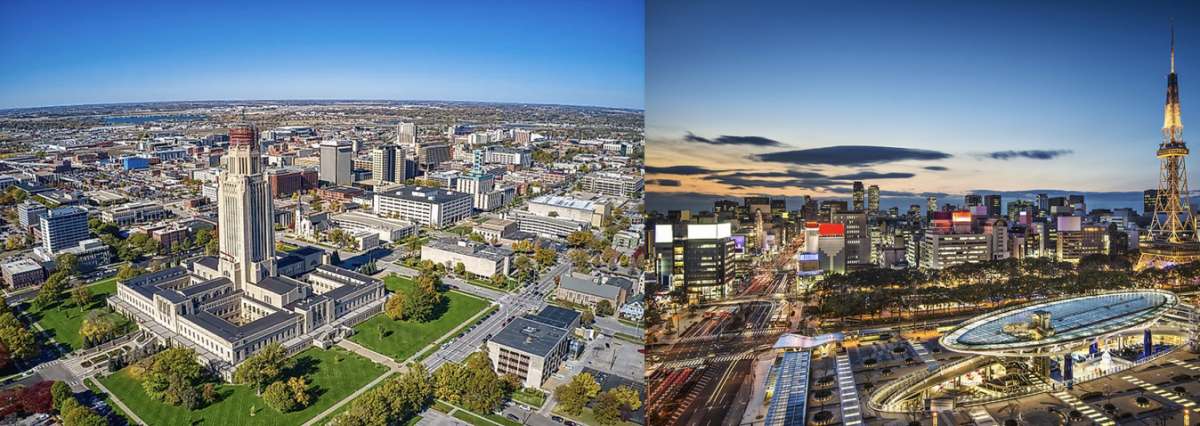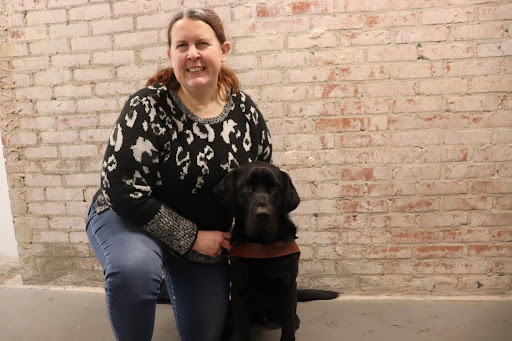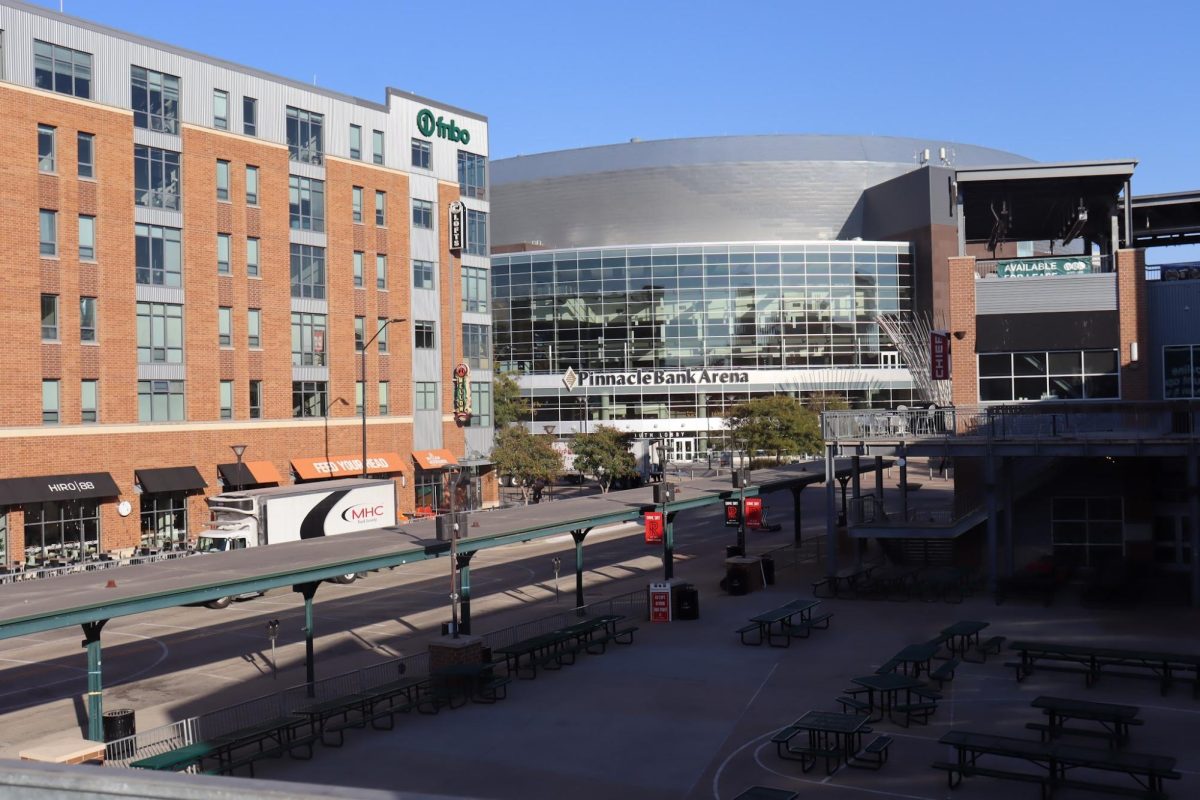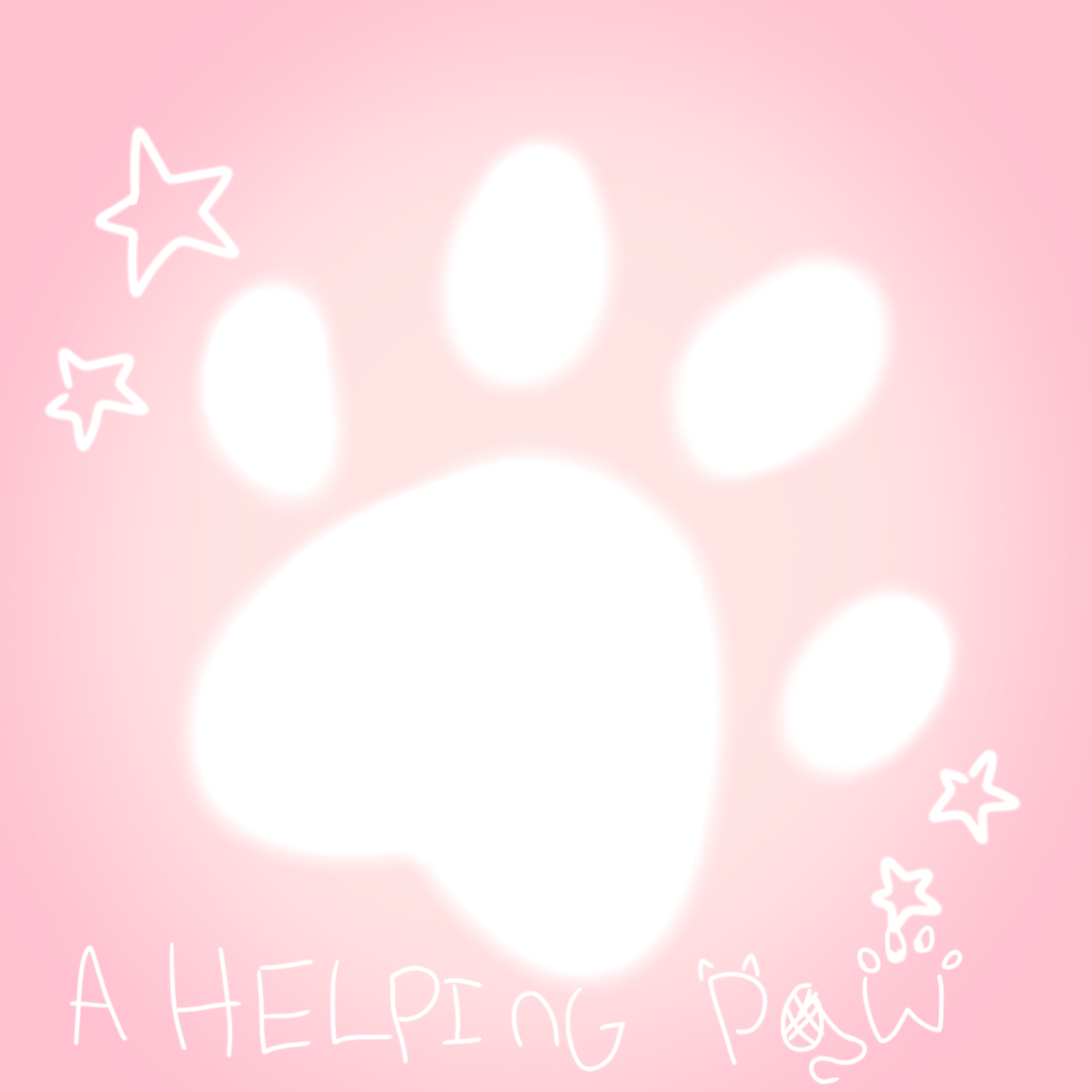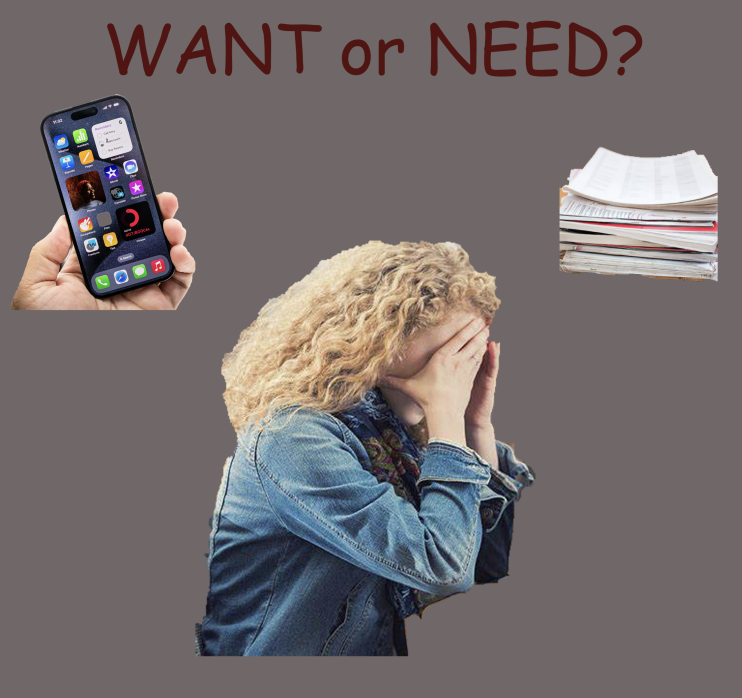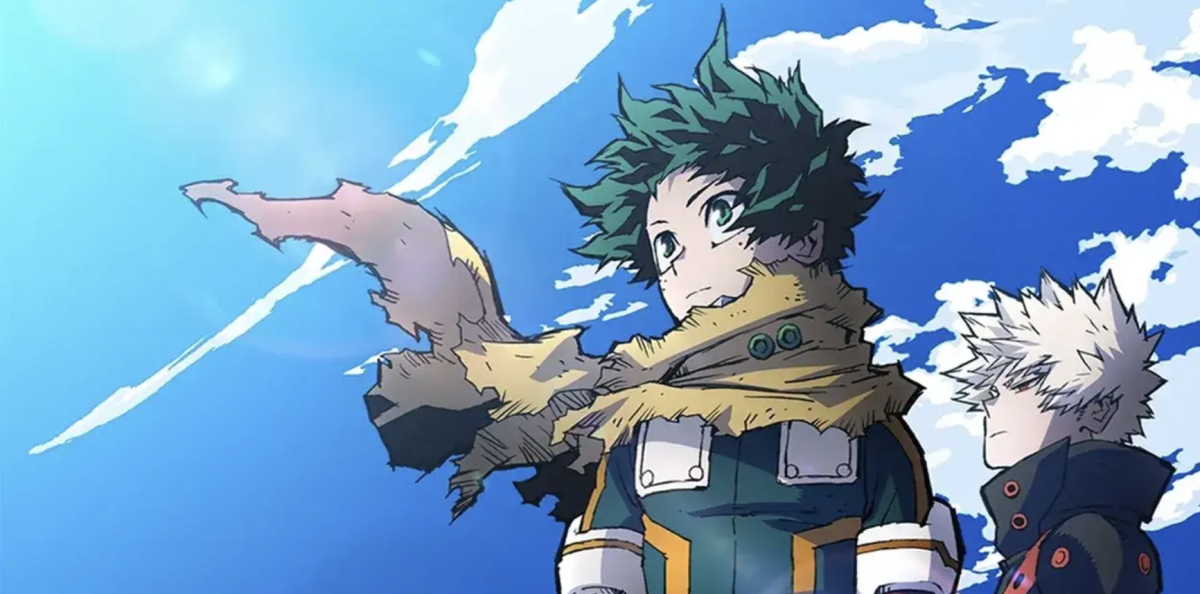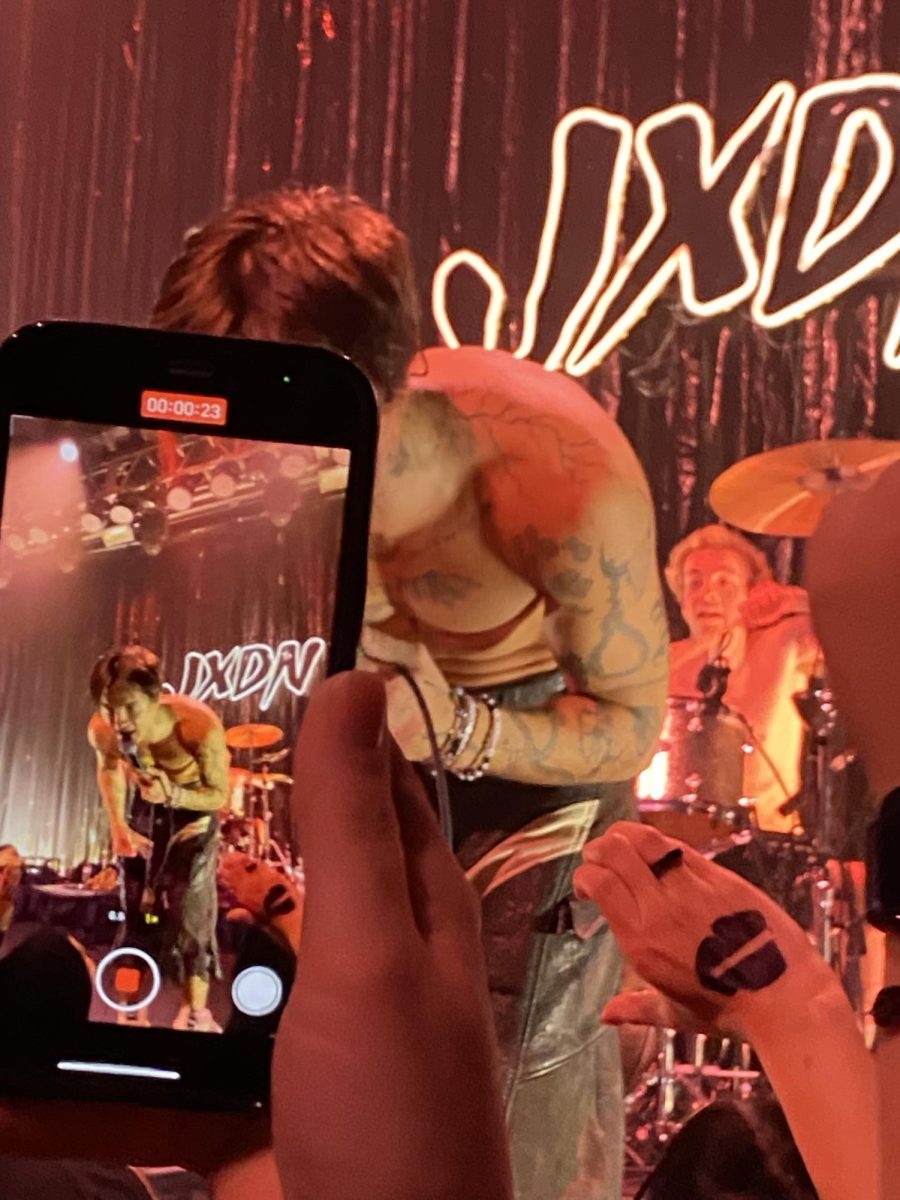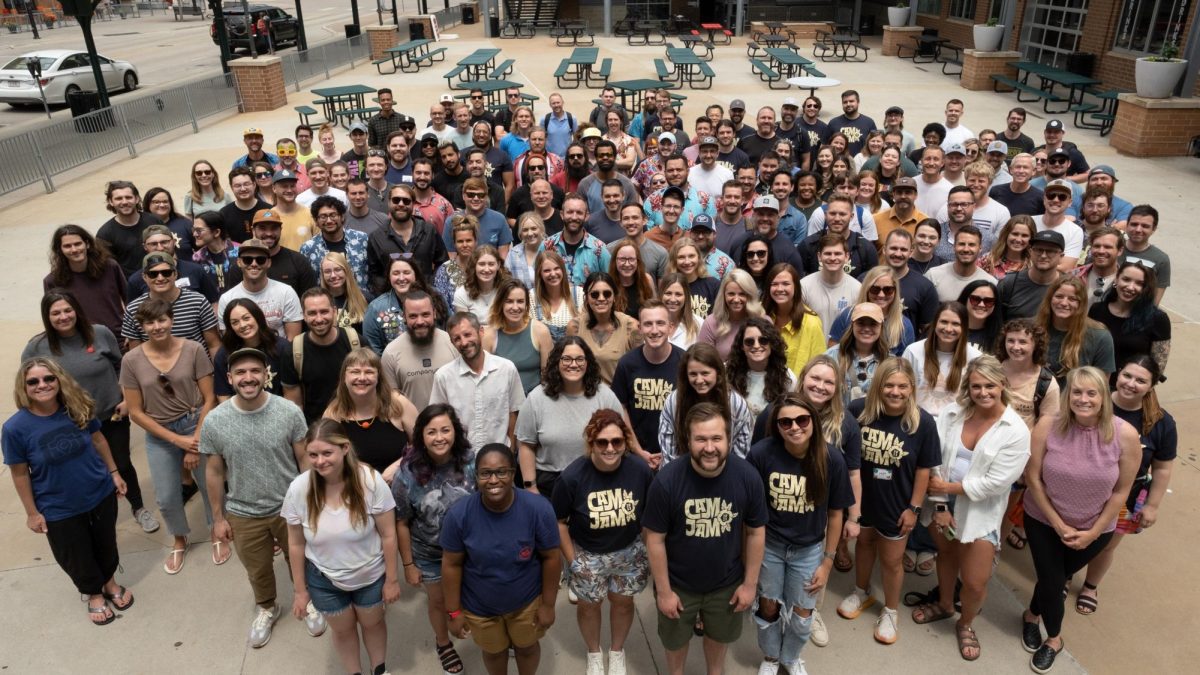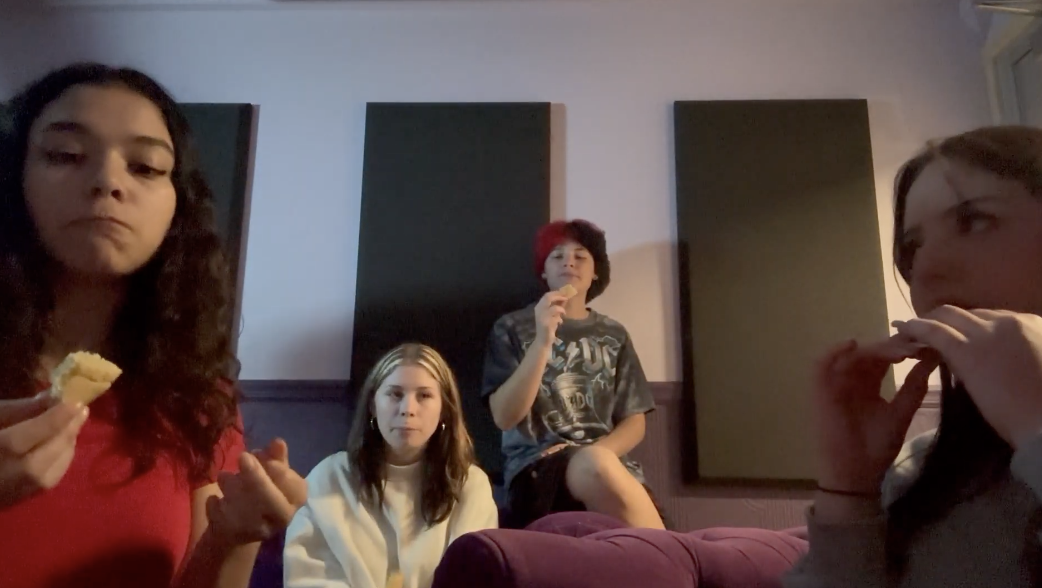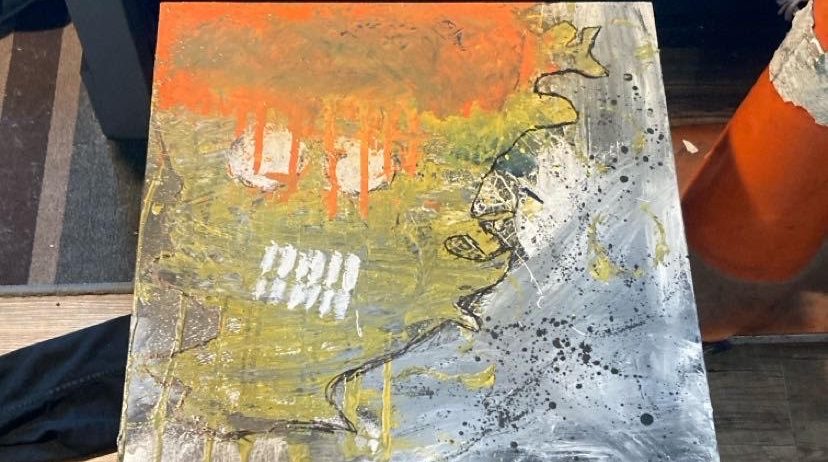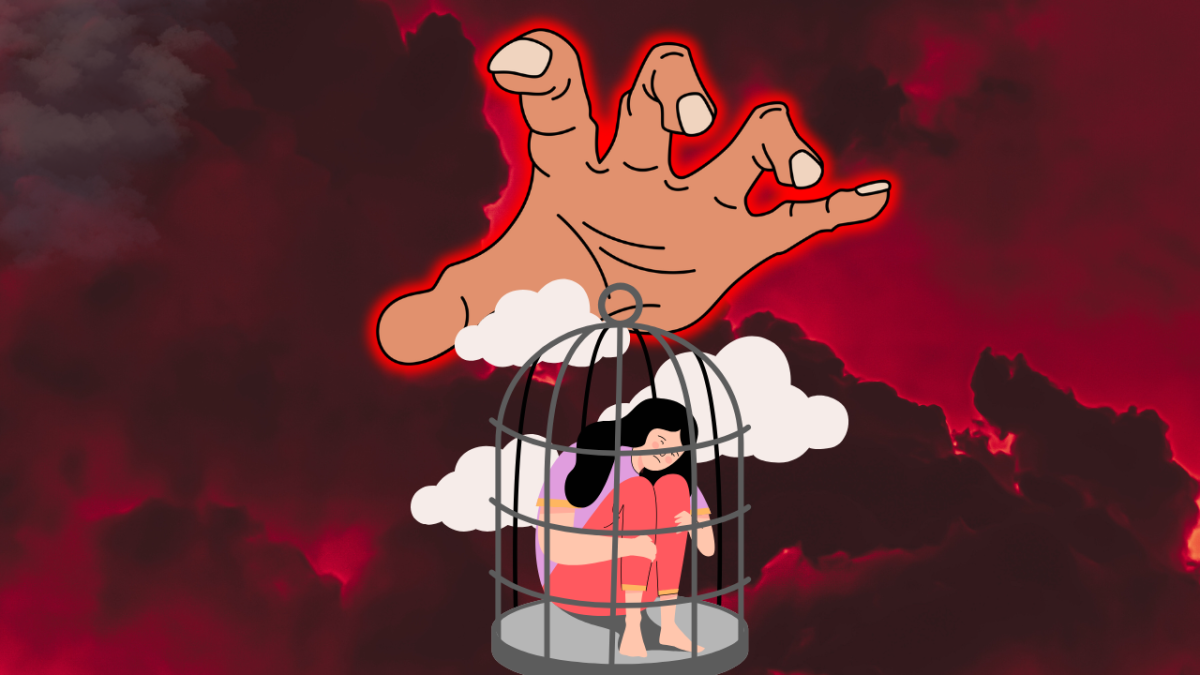Politics, control, old white men. Have I lost you already? Yeah that’s not what I’m writing about. I am writing about a strange phenomenon I have observed, one that has resulted in a culture cleaved in two. One where teenagers have as much to say about our tax dollars as they do tik tok trends. Don’t get me wrong, there are few things more important than being an informed and thoughtful civic citizen, but I would argue that many people entering these political conversations can be classified as neither.
Why does It feel like walking a tightrope every time I talk with my peers about the world of politics and personal beliefs? This is a question I ask myself almost daily at this point, especially in our current heated moment. Everyone has a hill they would die on, and everyone has a finger ready to point. In a world where you ask someone what is most important to them and they answer with their political affiliation, I find myself wondering what happened to create a climate so full of boxes and lines. I call it the identity crisis. As we move towards increasing polarization, only the extremes of either end are often represented in the media, and with no space set apart for the middle, the everyday person is shoved and contorted into the only socially acceptable podium there is.
It is here that people find themselves setting up camp, building their identity around the given issues and hot button topics, megaphone in one hand and their hate in the other.
This chronic outspokenness wouldn’t be a problem if only people would first sit down and do their research. But with how easy it is to spread information online and claim it as truth, too many people fall victim to manipulation. This phenomenon is so common it’s in the air we breathe. One thing I hear often when a person is confronted with their speech is, “I’m just being honest, I’m not afraid to tell the truth,” but in the wise words of Benoit Blanc, “It is a dangerous thing to mistake thinking without thought for speaking the truth.” It seems like a very arrogant assumption to make that yours is the truth people need to hear.
I think that most people would agree that we live in a world divided, but that is where a lot of the agreeing ends. From here we draw our lines in the sand and guard our castles from the “other” that is most definitely out there to get us (do you hear my sarcasm?). It’s this mentality that is the most harmful, the belief that the people “over there” are the end of democracy, and the demonization of “the other side” that seals our doors.
So this is my attempt to step out into the crossfire in the hopes of revealing to people we might be more similar than we think. I’m setting my personal beliefs aside and choosing curiosity instead of judgment, to ask a question that I think could help bridge the gap between those two sides. “What do you value?”. That’s it. Nothing big, nothing complicated. Just talking to people, like people, and asking them what is so important to them that they would rip their families apart. Their answers might surprise you.
I started off by differentiating between a value and a belief. This distinction is very important, values are the things that we hold close to our chest, trust, hope, a future for the next generation. It is the arrogance and frigidity in which we hold our beliefs that cause all the problems. The fear of what could happen if “the other side” gets their way that marks us as just that, “us and the other.”
What I found to be most true is that the thing that divides us the most is not any ballot or bill, but that little crowing voice in the back of your head that warps people into whatever fits your straw man argument, effectively smashing them into a pill easier for you to swallow. “I value family” “I value freedom” “I value truth” “I value kindness.” The answers everyone responds with, and the answers no one expects to come from the mouth of their opponent. Would it make it harder to hate them if you had dinner in their home, met their grandparents and played with their kids? Would watching them give up their seat, help their elderly neighbor with their yard, hold the door make it just a bit more uncomfortable for you to call them unfeeling and despicable?
So what does this mean for us? I think people could think about this two ways. One: we could come to the conclusion that because many of us share the same core values, politics shouldn’t divide us, that no one is wrong or “bad” but rather looking at life from a different perspective.
Two: truth is objective, if there is a truth that means that some people have to be wrong, because that is simply not possible for everyone to be right, and anyone who has stepped outside has seen how evil and corrupt people can be. To not fight against that and others would be irresponsible and only make you implicit in the problem they would say.
Well I would argue that, like most things, the truth is much more nuanced that we want to believe. I believe that there is great corruption, and that we need to do something about it. I believe strongly that I am right about many things, and I recognize that I might not be. The line between respecting others’ opinions and opposing what you believe to be wrong is a very fine one, but I think that the way to do that is actually very simple. Engaging with someone in love and mutual respect does not mean that you can’t disagree. I think somewhere along the way our culture has come up with the idea that to treat someone with dignity and respect instead of hate and suspicion, we have to agree with everything the other says.
My approach is this: I can disagree with everything you believe, I can challenge your beliefs and stop you when I think you’ve crossed a line, and still do it with kindness, still value your opinion, still think of you as a person.
Let’s build a bridge before we light a match. I’ll do it if you will. This is as much a reminder for me as it is for you. Curiosity before judgement. Kindness before cruelty. People before politics. Identity in the things that we love, not the things that we hate. Keep a seat open at your table and offer it freely. You are always welcome at mine.
